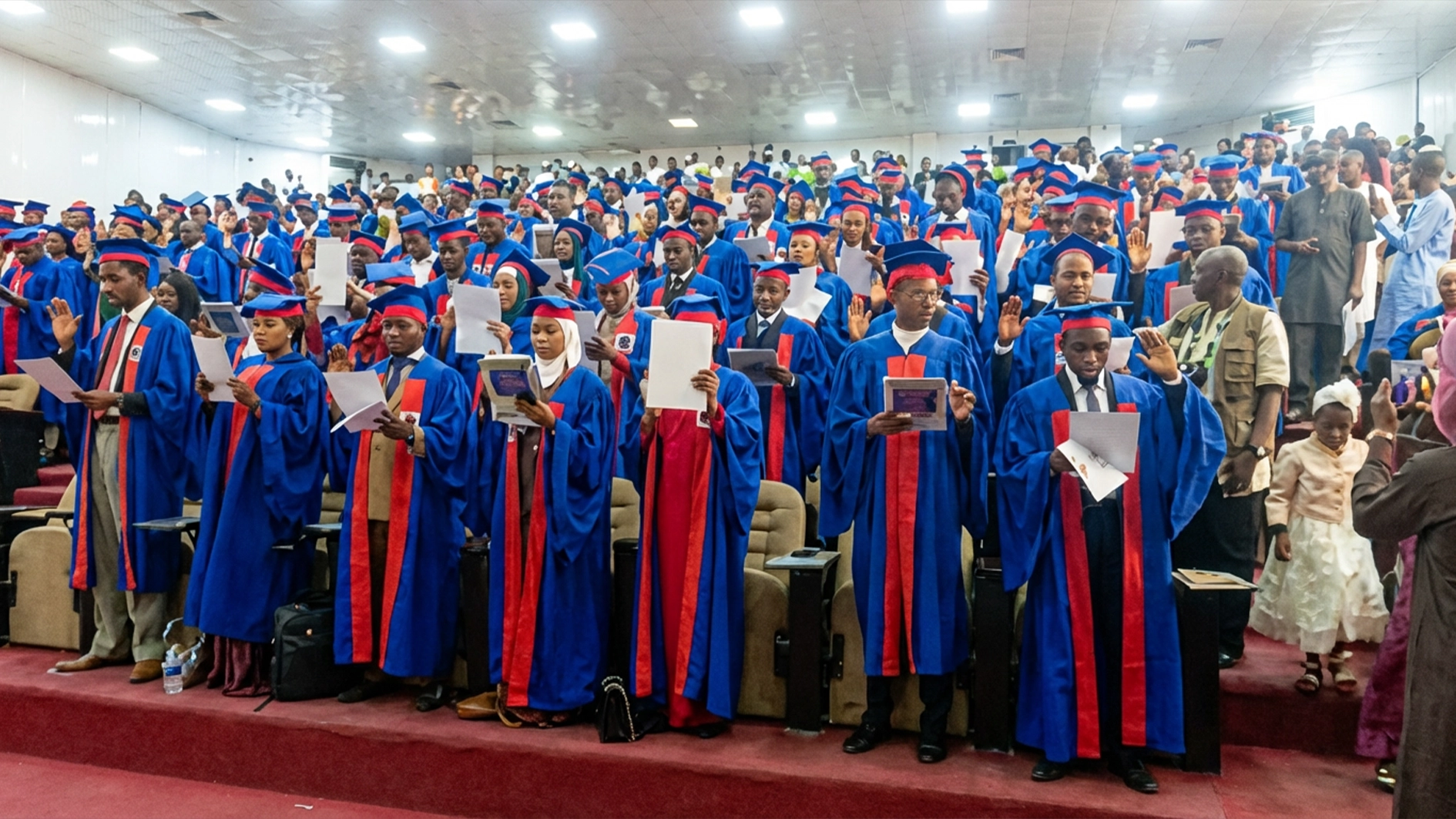Experts have renewed calls for greater compassion in medical practice, warning that the steady erosion of empathy undermines patient trust, weakens treatment outcomes, and threatens overall service delivery in the country.
The appeal was made in Lagos at the maiden edition of the yearly Dr Mustapha Faiz Alimi Colloquium, themed “Competence, Character & Compassion as Critical Components of Nation Building: Dr M.F. Alimi Legacy.”
The event, convened by Muslims in National Development (MIND) in collaboration with the National Orthopaedic Hospital, Igbobi (NOHIL), honoured the late orthopaedic surgeon and former CMD of NOHIL.
Speakers drawn from the health sector, public service, and civil society extolled Alimi’s professionalism, ethical discipline, and humane leadership.
The CMD of NOHIL, Dr Wakeel Lawal, stressed that competence in healthcare goes beyond clinical expertise to include cultural sensitivity, ethical decision-making, and effective communication. He linked compassion to better treatment outcomes, stronger provider, patient trust, and reduced burnout among health workers.
Lawal urged government and institutions to embed these values into governance frameworks, adopt performance-based appraisal systems, and prioritise workforce development. He noted that competence, character, and compassion, as exemplified by Alimi, remain the most reliable foundation for national renewal, social cohesion, and sustainable development.
CMD of Lagos University Teaching Hospital (LUTH), Prof. Wasiu Adeyemo, lamented the decline of empathy in medical practice, cautioning that its absence undermines both patient trust and outcomes. “Patients are our kings. Without them, there is no hospital,” he said, calling for continuous training in leadership ethics and patient-centred care.
Executive Secretary of MIND, Sulaiman Olokodano, described Alimi as “a friend, mentor, and elder brother whose life showed that service with skill, honesty, and empathy is possible, even within Nigeria’s challenging system.”
Chairman of the occasion, Dr Sola Labinjo, noted that Nigeria’s struggle to evolve from “a country created by colonial arrangement” into a United Nation could not be overcome without deliberate investment in leadership capacity, personal integrity, and a culture of compassion.






